Happy Model Community Campaign: Women and Adolescent-Led Development Initiatives With facilitation support of KIRDARC, many communities have started campaigns to declare their communities as role model for others. Community initiatives are being led by women and adolescents in close coordination and collaboration with local government, civil society organizations, community-based organizations and private sector. KIRDARC has been taking this concept/model and experience as ‘Participatory, Bottom-Up & Community-led’ initiatives for promotion and protection of integrated human rights contributing to localization of SDGs in rural communities.
Realizing the need of holistic development by integrating human rights-based development principles by focusing village as a unit, this campaign really demonstrated big success in KIRDARC’s working area with different funding partners. At present, Model Communities are existing in 6 districts (Kalikot, Jumla, Mugu, Humla, Surkhet and Kapilvastu). During the process, the communities direct the campaigns as “Happy Model Village” considering other dimensions of peace, prosperity, justice, equality and happiness. Recently, GoN has also including similar vision into its plans ‘Prosperous Nepal, Happy Nepali’.
KIRDARC has considered these campaigns as the best practices for promotion of the human rights and social justice principles to be reflected in rural communities. Those campaigns have been executed with piloting purpose in those areas; however, the overall results are potential to be replicated in other areas. Due to their positive impacts in the lives of community people, affordable resources, active and meaningful engagement of multiple stakeholders, no need of rigorous and technical knowledge or expertise to implement the principle. While implementing the activities under the campaign for establishing human rights friendly model communities, meaningful collaboration and coordination with all the stakeholders and right holders have been carried out. As a result, all the right holders and other stakeholders have taken the ownership of the results along with the commitment for its sustainability. Overall campaign was initiated and led by local women, adolescents groups and facilitated by KIRDARC. The model community and happy village benefit all sections of a village in an integrated, efficient and participatory manner.
Process and Methods
Multi-stakeholder facilitation process was applied in the campaign in Karnali Province. It was initiated by women and adolescents in close coordination and collaboration with local government, civil society organizations, National Human Right Commission Nepal, Regional Office, Jumla, community based organization and community people. This is a process of localization of National Action Plan of Human Rights. The basic processes adopted in the campaign were;
- Realized and committed by right holders and duty bearers to promote the human rights at grass-root level
- Prepared Vision and Action Plan to promote the human rights at grass-root level.
- Prepared indicators of human right friendly community by ensuring meaningful participation
- Jointly implemented vision and action plan
- Carried out monitoring and evaluation of action plan by with team of right holders and duty bearers
- Declared the communities as ‘human right friendly model community’ In order to achieve objective of human right friendly model community, the following strategies were adopted: multi-stakeholder facilitation process, capacitate duty bearers, empower the right holders for claiming their rights.
Results
There seems significant change in situation of communities after this campaign. This campaign has also created solidarity, social cohesion, reduction is human rights violations cases, collective actions for positive transformations in a society in an integrated and holistic way such as education, health, human rights, WASH, social Protection, local governance and community unity. Below is the summary of community situation before and after the campaigns:
| Indicators | Before | After | Indicators | Before | After |
| Access to basic education | 82 % | 99% | Access to safe pure drinking water. | 73% | 95% |
| Improved toilet | 72% | 100% | Consumption of alcohol | 56% | 12% |
| Access to basic health facilities | 56% | 80% | Child marriage | 72% | 3% |
| Smoke-free house | 56% | 89% | Chhaupadi practice | 56% | 5% |
| Vital registration | 72% | 100% | Democratic decision making | 30% | 80% |
| Gender based violence | 67% | 0% | Child friendly environment | 60% |
|
| Human Right Violation | 52% | 3% | Child labor | 40% | 0% |
Source: Field Survey, 2018


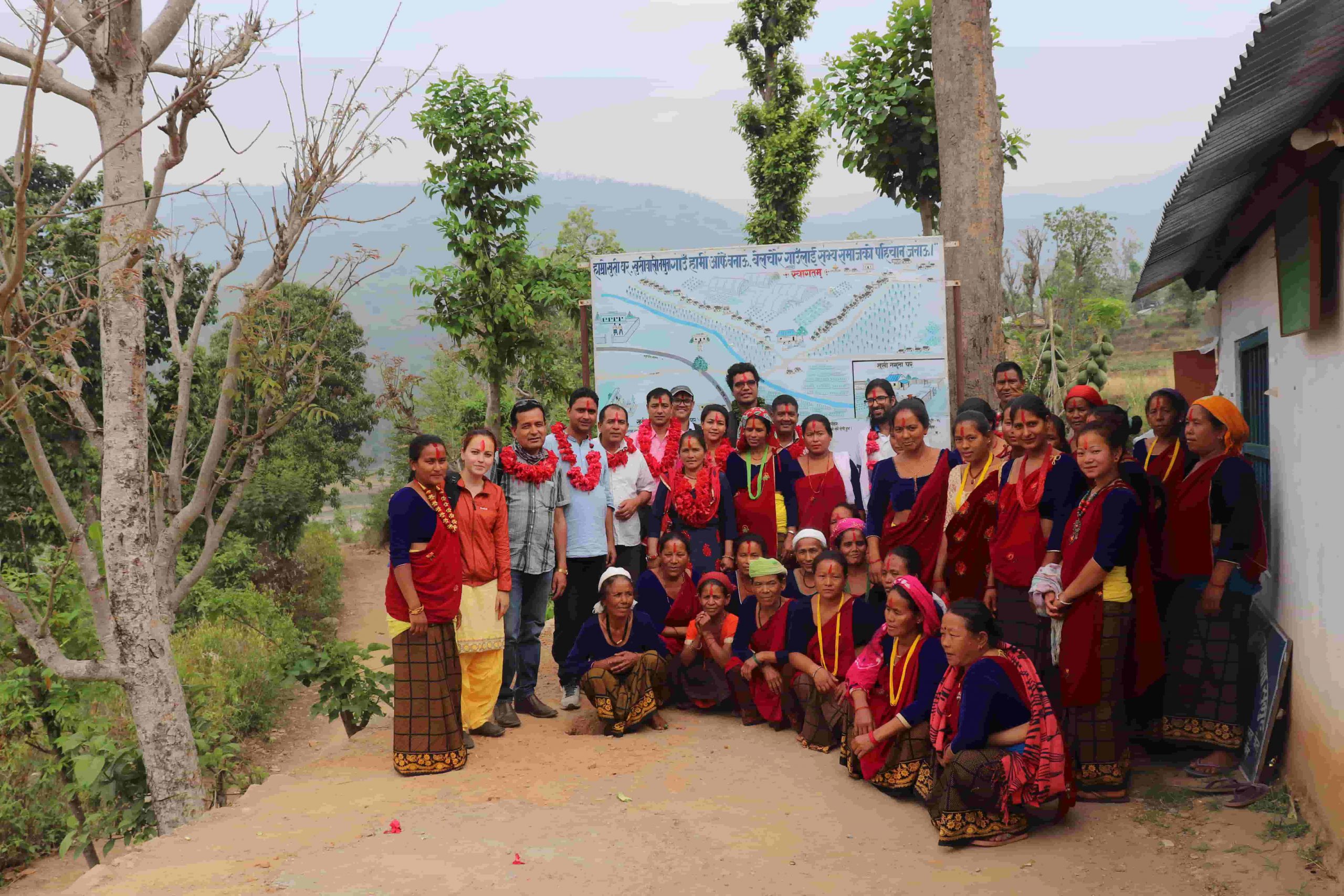
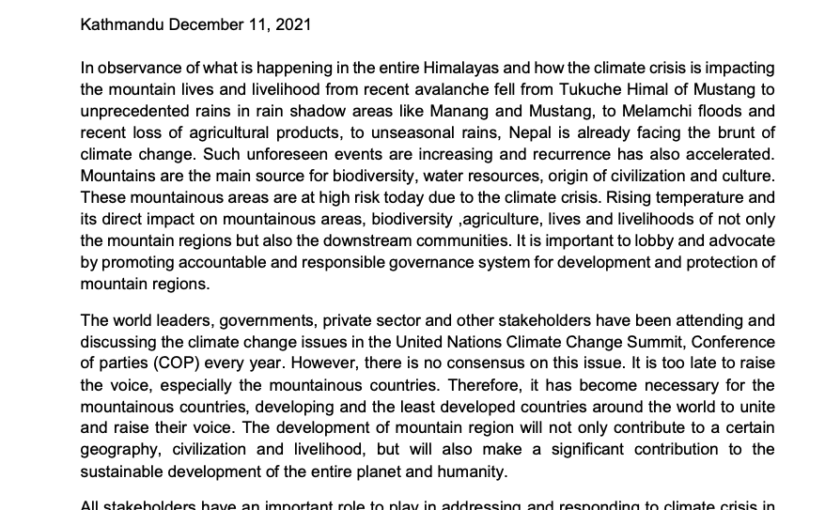
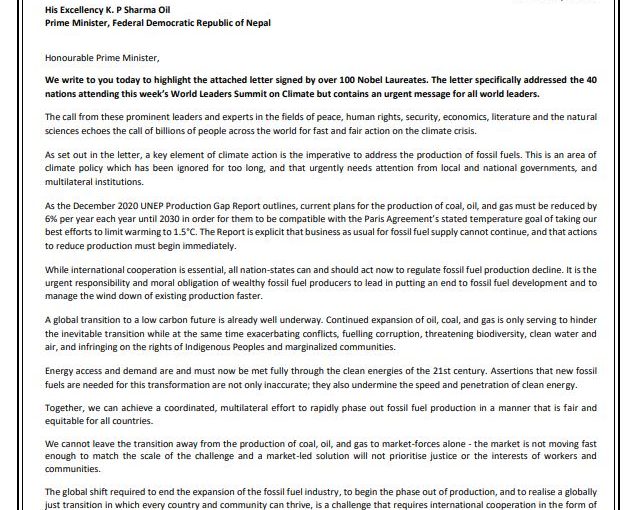
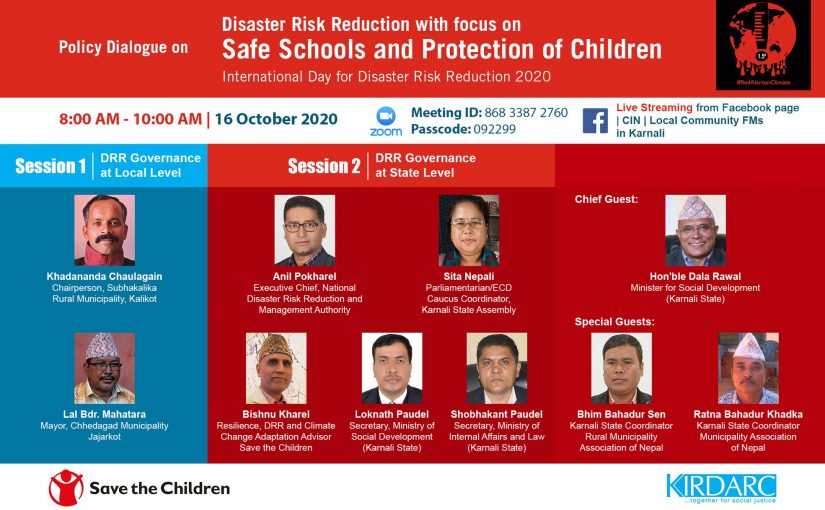
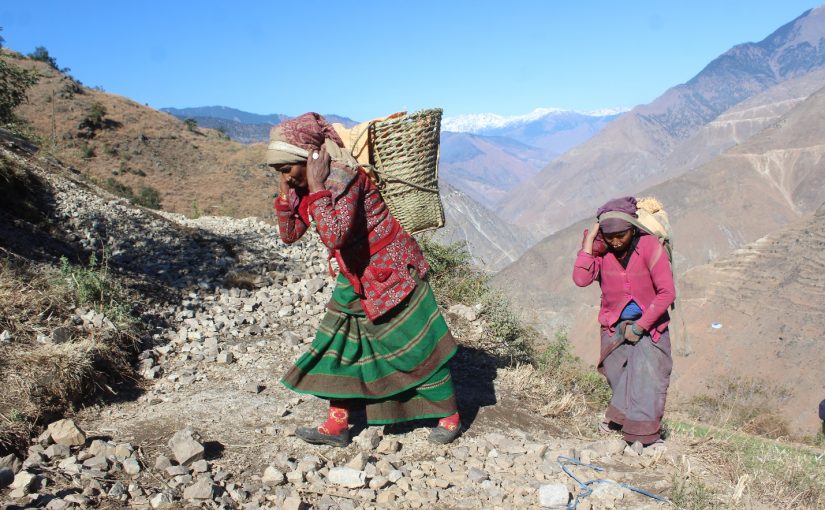
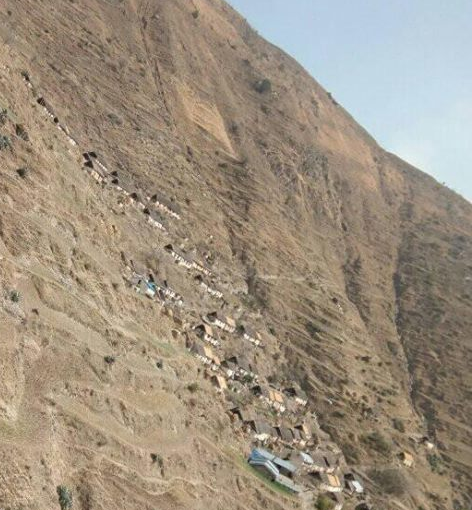

0 Comments